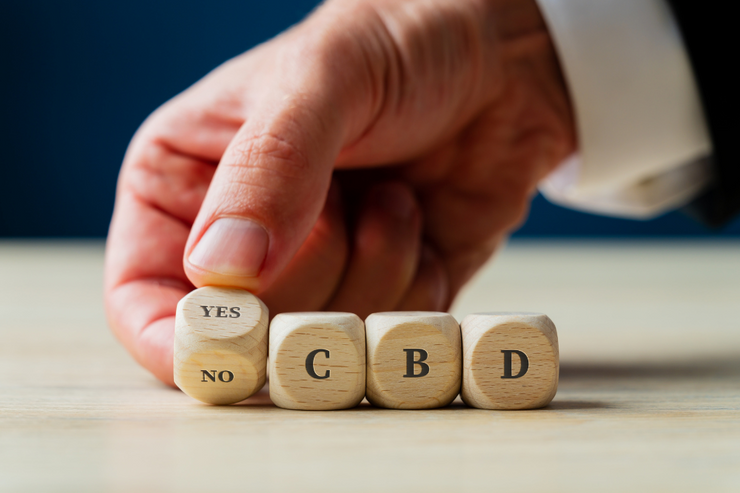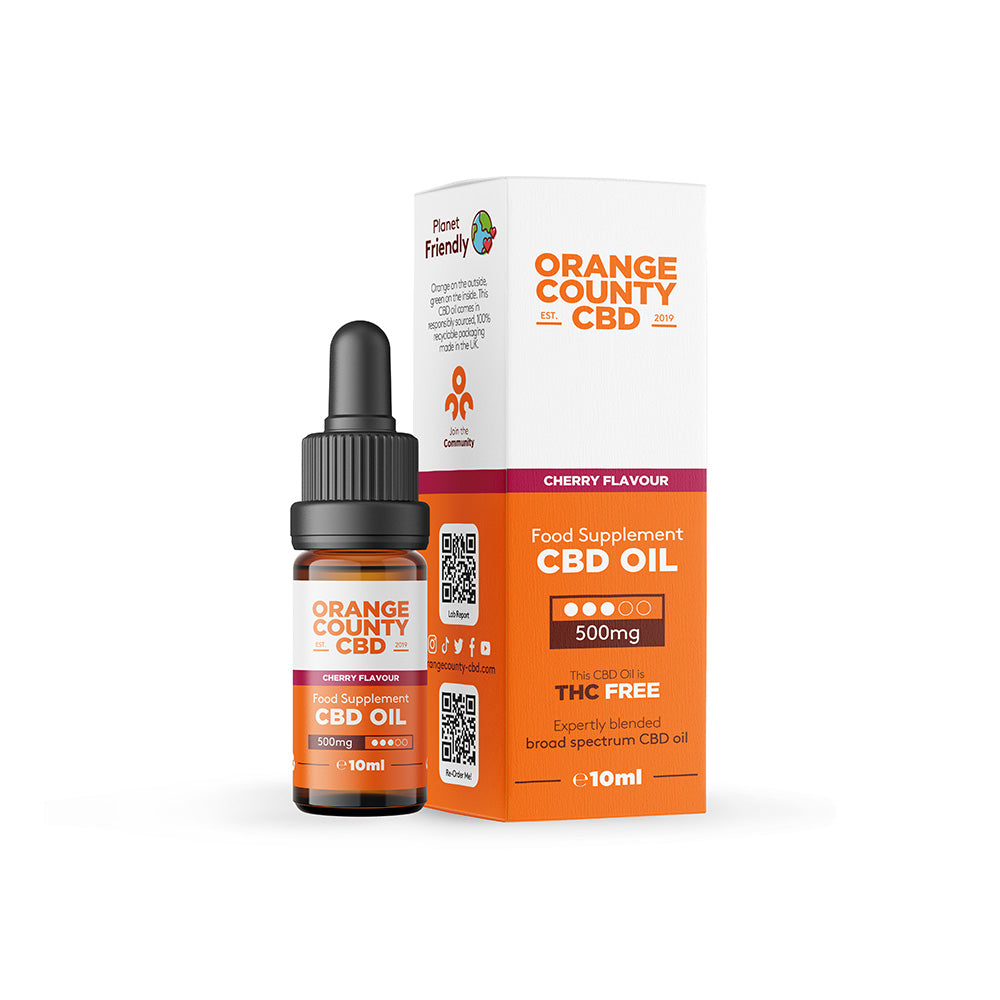CBD Law Explained (Updated for 2025)

As CBD continues to grow in popularity, many people are still unsure about its legal status in the UK. Whether you're using CBD oil for wellness, looking into edibles, or considering capsules, it’s important to know the current rules.
UK laws around CBD have remained stable in 2025, but enforcement and guidance have become clearer. Questions around safety, drug testing, driving, and workplace use are common, especially as more products appear on the market. This guide covers everything you need to know to stay within the law while using CBD confidently.
Table of Contents:[hide]
Is CBD still legal in the UK in 2025?
Yes. CBD remains legal across the UK in 2025, including England, Scotland, Wales and Northern Ireland, as long as it meets strict regulatory standards. You can legally purchase CBD oils, edibles like gummies, and capsules if they contain less than 1mg of THC per product and are made from approved hemp strains.
The UK Home Office states that CBD is not a controlled substance when isolated from controlled cannabinoids. However, all CBD products must follow guidelines set by the Food Standards Agency (FSA) for novel foods. This includes labelling rules, THC limits, and traceability. [2]
CBD edibles such as gummies or drinks are only legal if sold by businesses that have submitted a validated novel food application. Retailers like Orange County CBD meet these standards by offering third-party lab results and consistent product quality. Always check for updated lab reports before buying.
Is THC still illegal?
Yes. THC is still a controlled substance under the Misuse of Drugs Act 1971. It is classed as a Class B drug, which makes it illegal to possess, supply, or produce without a government licence.
CBD and THC are entirely different compounds. Legal CBD products must contain less than 1mg of THC per container. Any product with a higher level, such as unregulated cannabis oil, is not legal to sell or use.
Can you fail a drug test?
It is unlikely, but possible that CBD can cause you to fail a drug test. Pure CBD should not trigger a drug test. However, some CBD products contain trace amounts of THC, which may lead to a positive result. This is more likely if you use full-spectrum products or consume high doses regularly.
Can you take CBD at work?
Yes. You can legally use CBD at work, provided the product is compliant and contains no more than 1mg of THC per container. CBD is non-psychoactive and does not cause a high, so it will not impair performance.
That said, employers have the right to set their own workplace policies. If in doubt, speak to your HR department or manager before using CBD on the job.
Can you drive and take CBD?
Legal CBD products can be used before driving, as confirmed by guidance from the Metropolitan Police. CBD does not impair driving ability when used responsibly. [1]
However, if a product contains more than 1mg of THC per container, it could lead to a failed drug driving test. Always choose products that are lab-tested and compliant with UK THC limits to avoid legal risk.
How to Choose Trusted CBD in the UK
To reduce risk and buy confidently, look for CBD brands that publish third-party lab results and comply with FSA and Home Office regulations. Choose oral formats like CBD oils, gummies or capsules.
Trusted UK brands such as Orange County CBD are known for high product standards, traceable ingredients and lab-tested formulas. Their range of compliant CBD products offers a safer and more consistent option.
Research
[1] Source: Metropolitan Police – CBD Products and Driving
Summary: The Metropolitan Police clarify that driving after consuming CBD products is legal, provided the driver remains unimpaired. However, if a CBD product contains more than 1mg of THC per container, it could result in a failed drug driving test. Therefore, it's essential to ensure that any CBD products consumed are compliant with legal THC limits to avoid potential legal issues.
[2] Source: Drug licensing factsheet: cannabis, CBD and other cannabinoids
Summary: Legal if pure and contains no controlled cannabinoids (like THC or CBN). However, most CBD products are not truly THC-free and may be regulated. To be exempt from control, a product must: Contain no more than 1 mg of a controlled substance per container.

